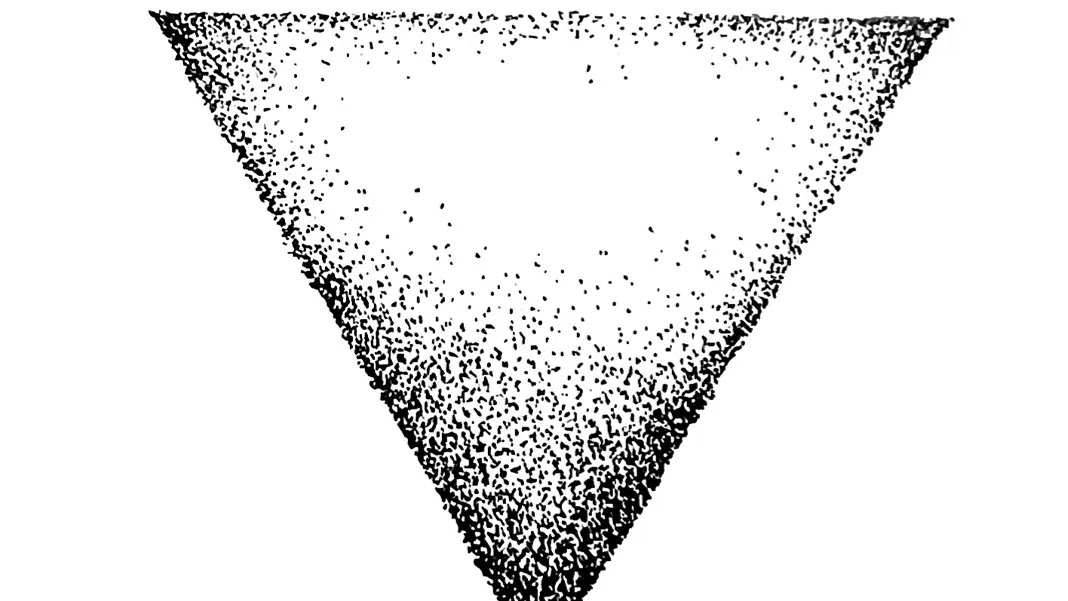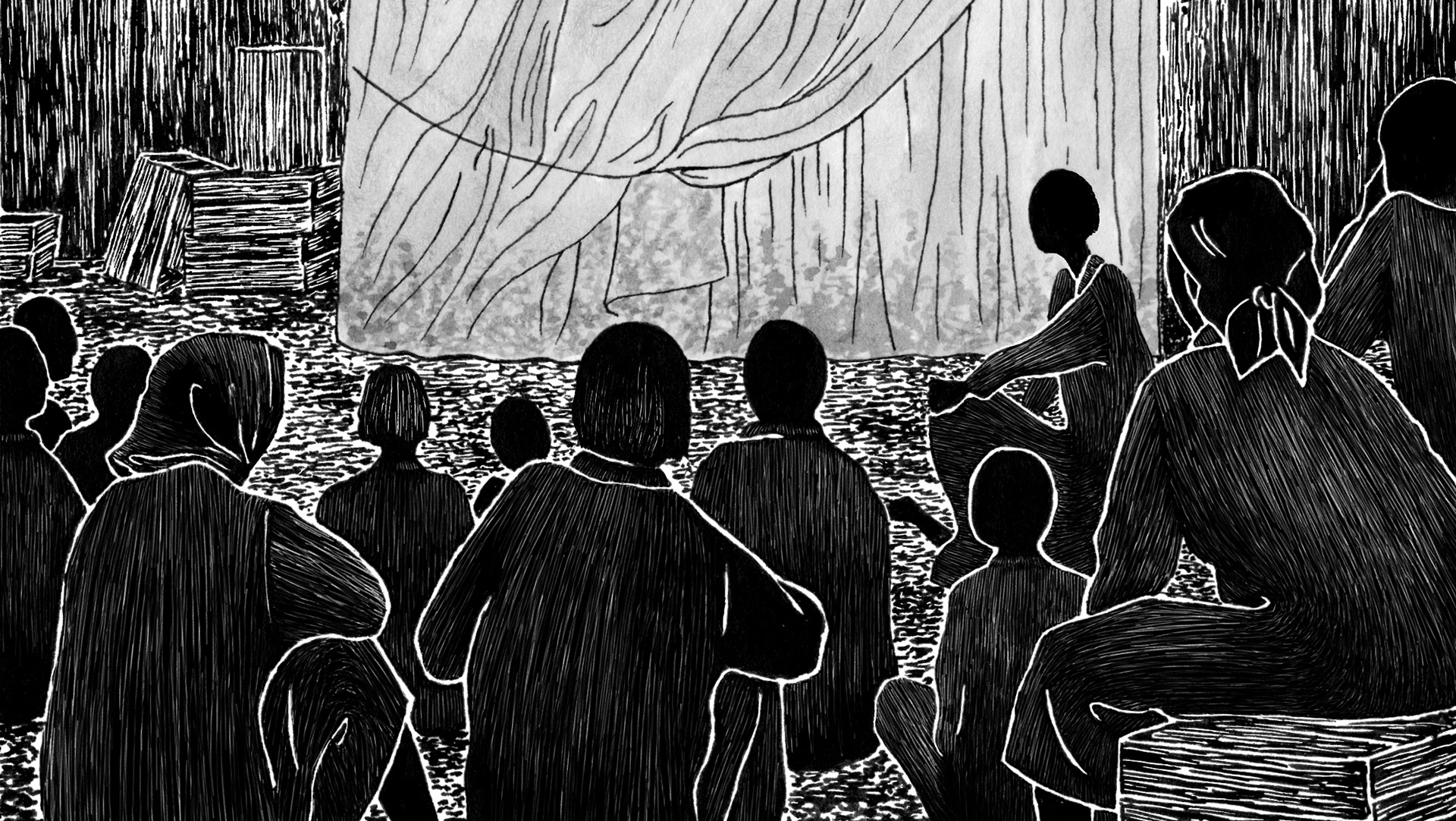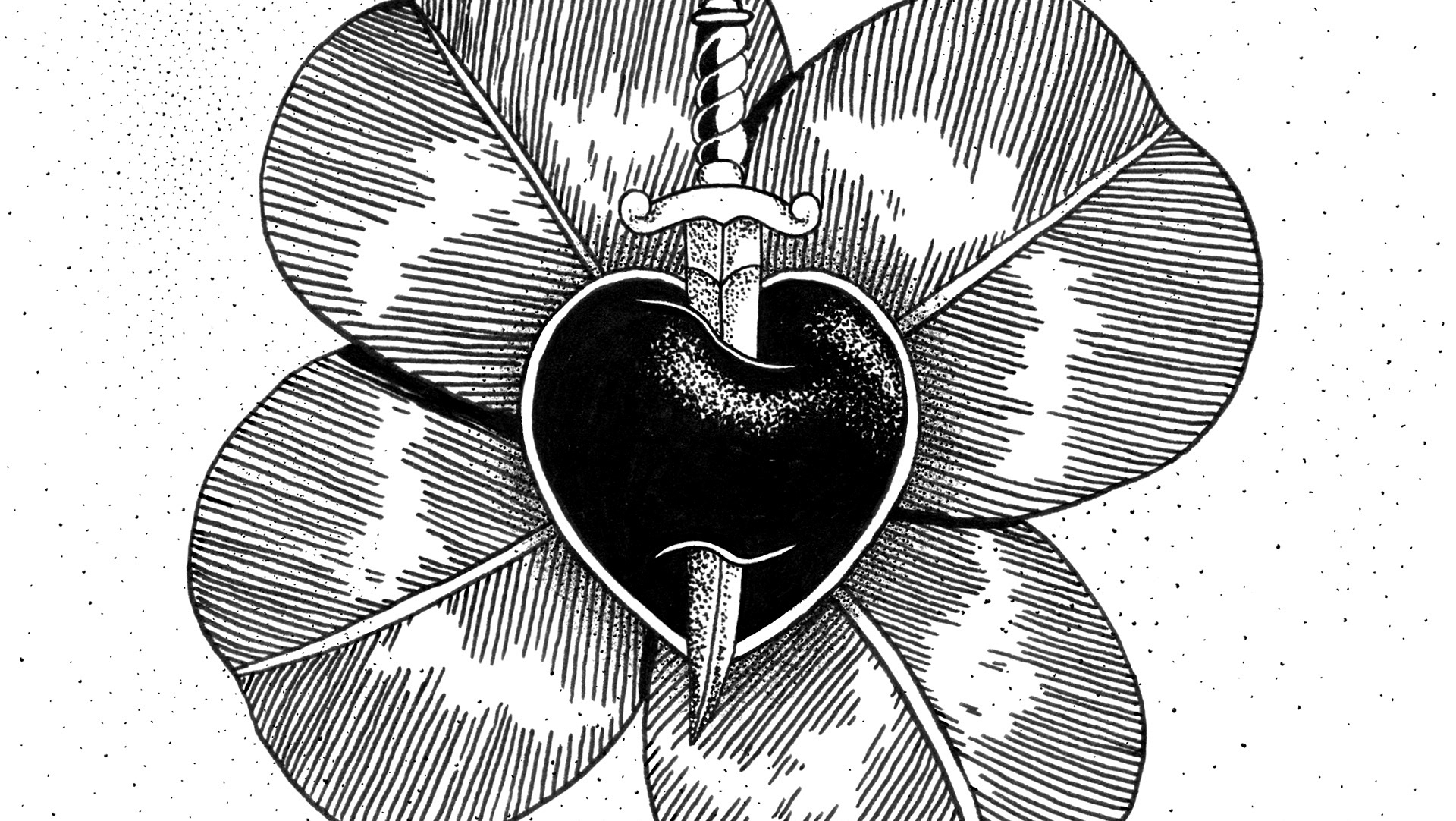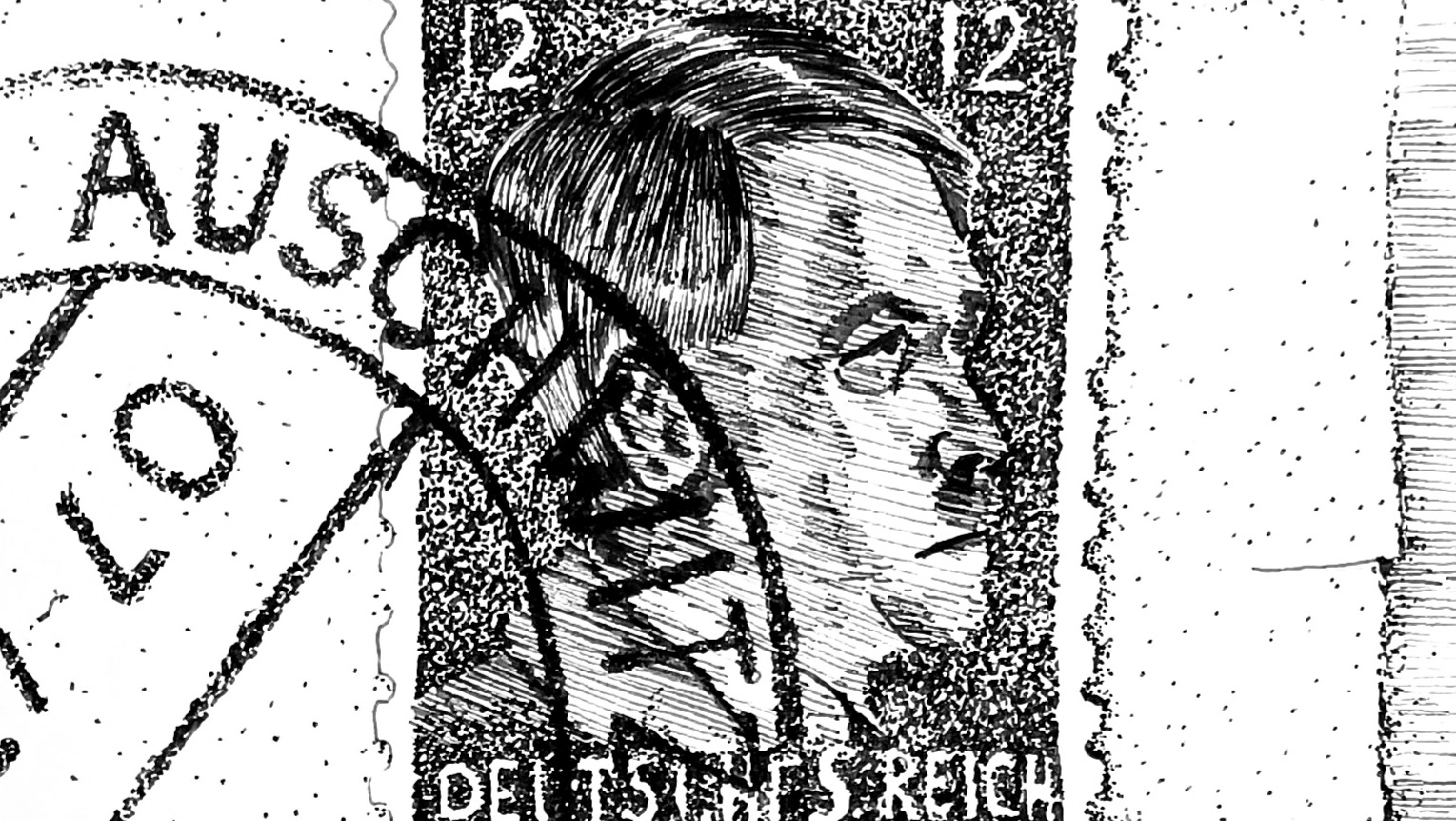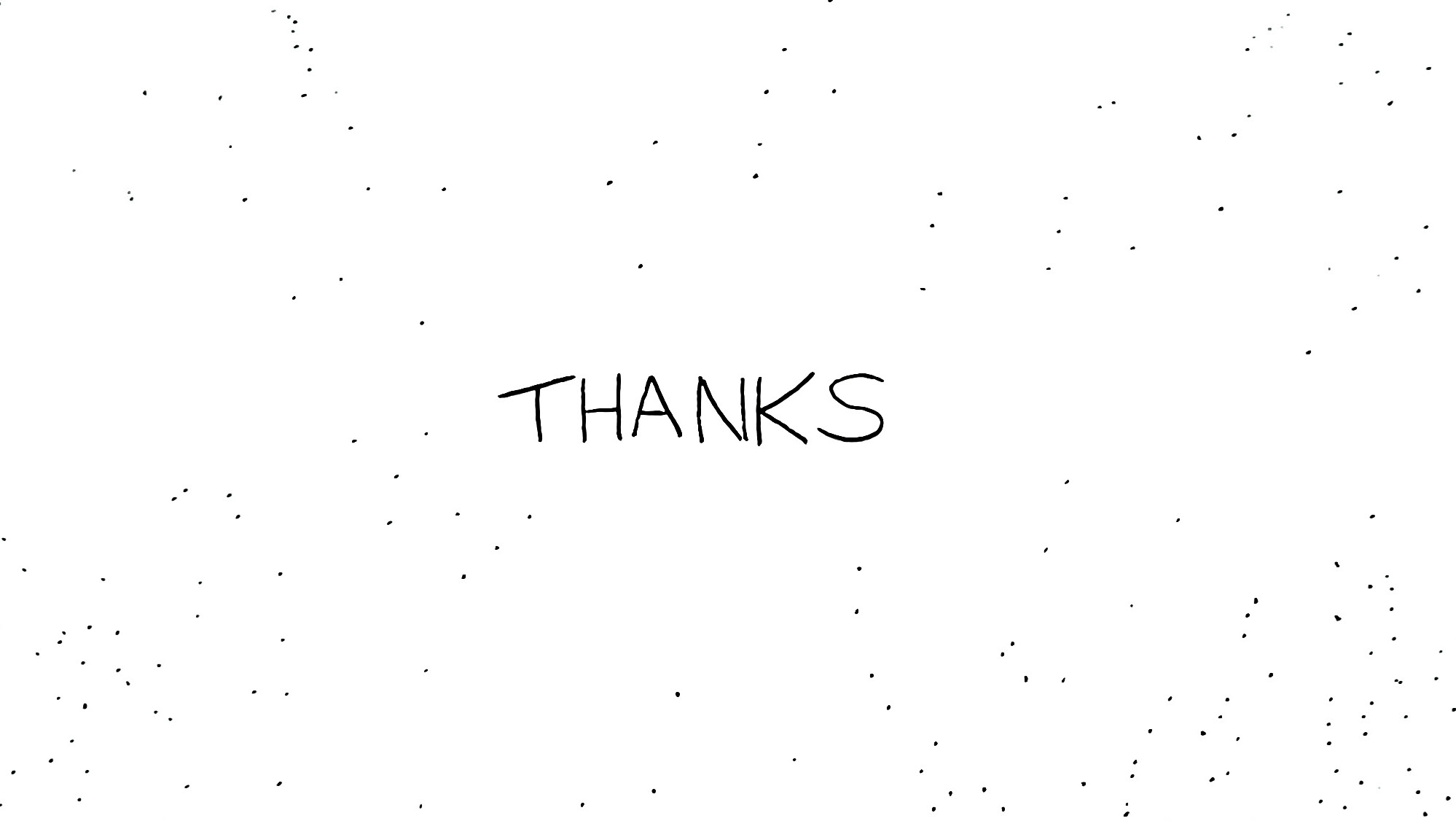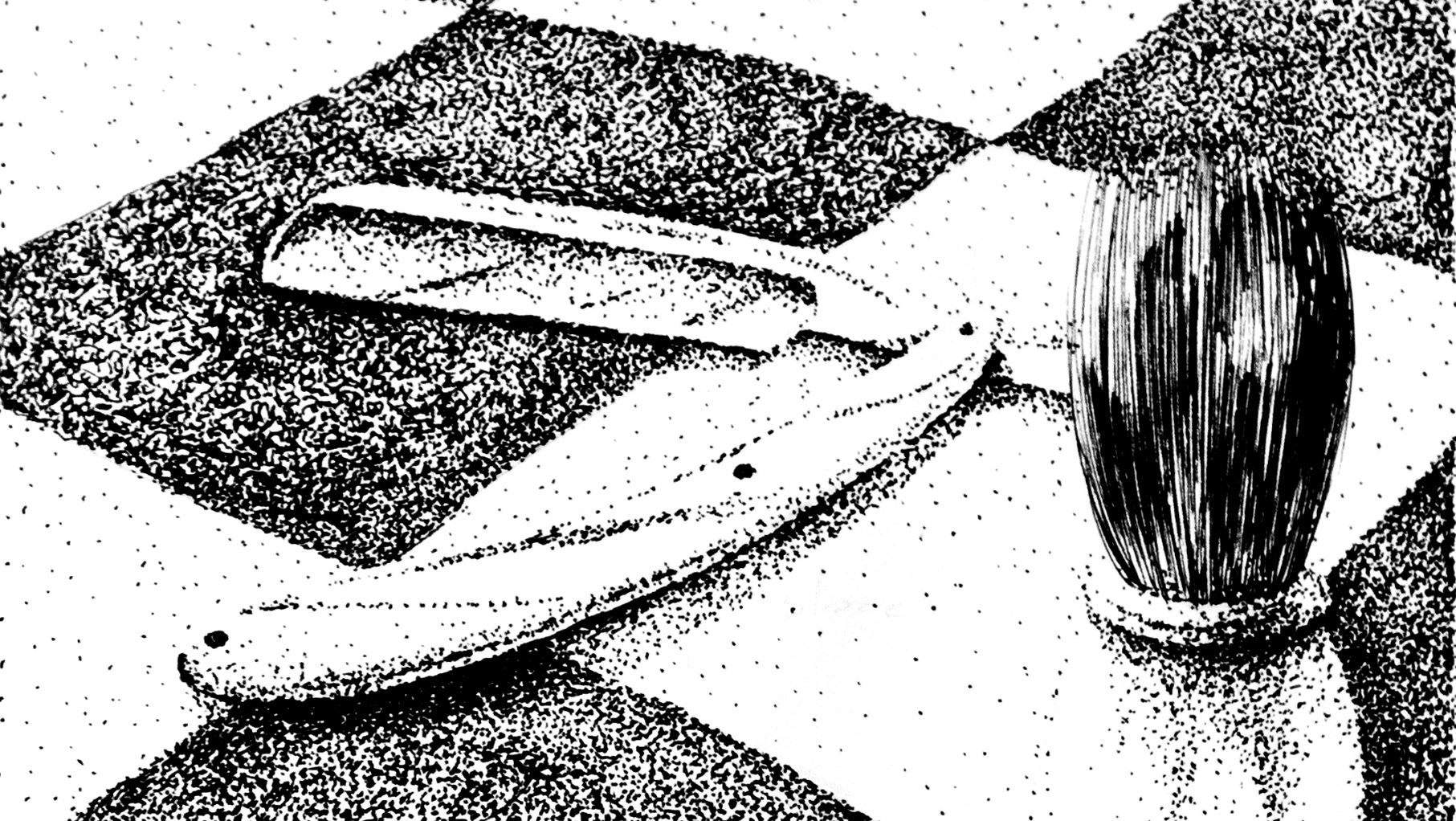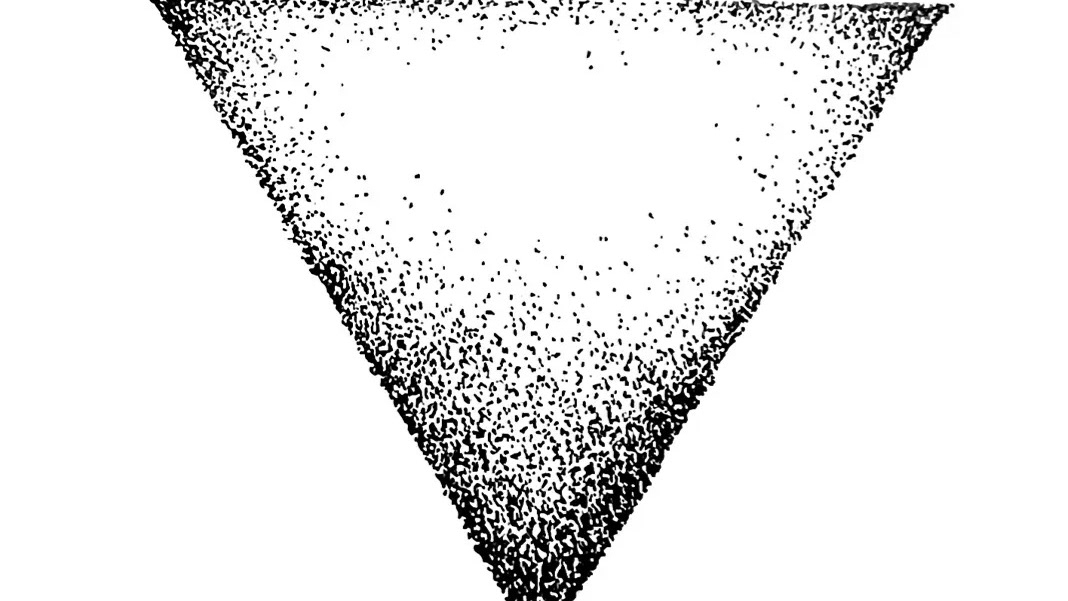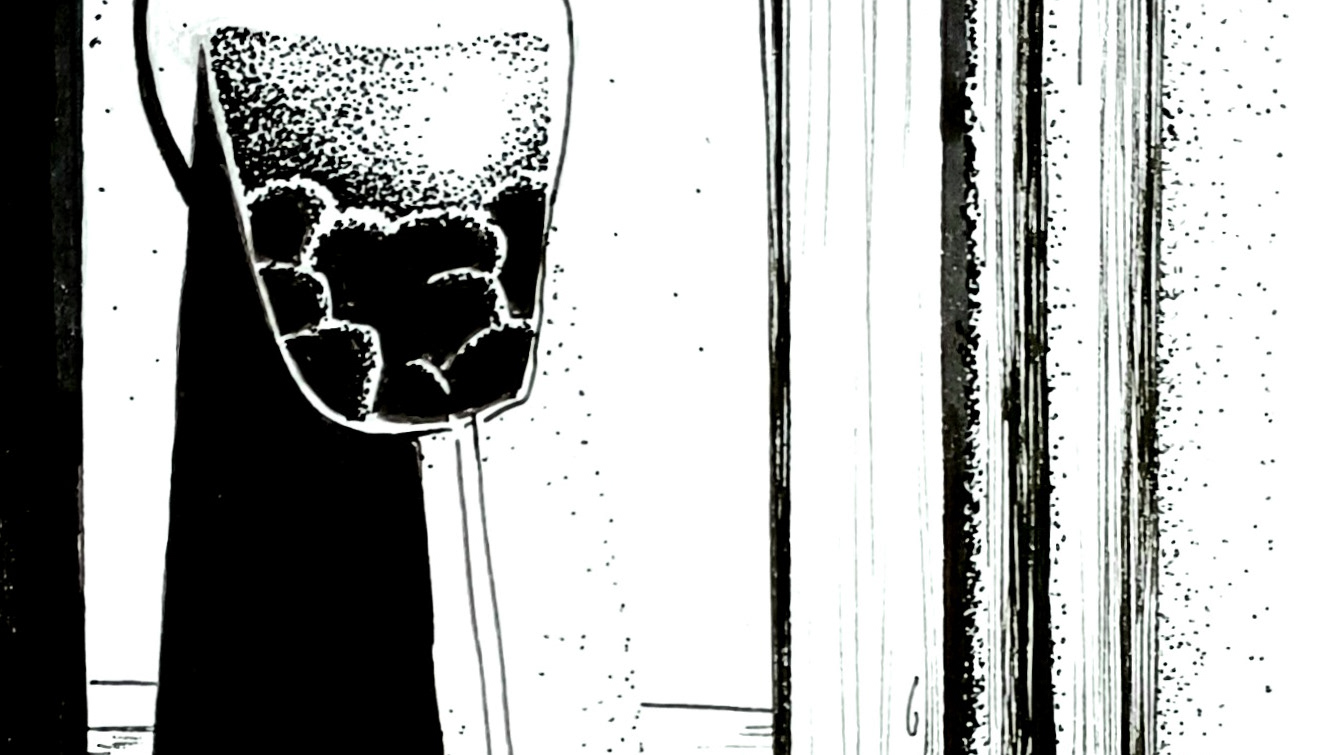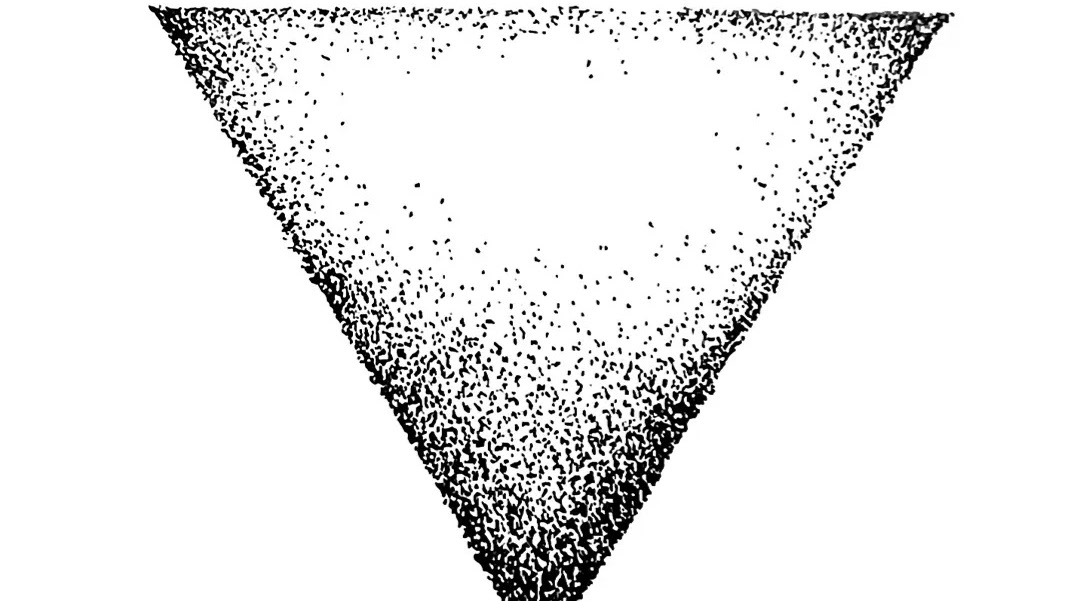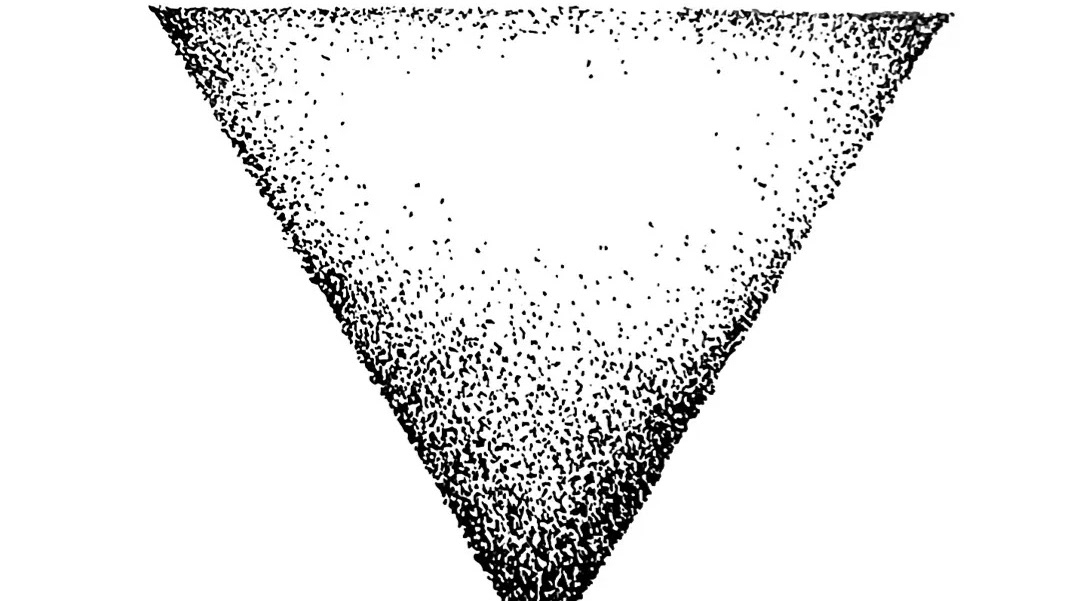the coffee
Today is a day in 1964, Charlotte Delbo thinks that the time has come.
Her book was ready 20 years ago, now France may be ready to read it.
Back in April 1945, Charlotte was still in Ravensbruck. Her friends Carmen, Lulu, Cecile, Gilberte and Poupette had been transferred someplace else, Charlotte was worried for them. But she was also surrounded by other 31000, Marie-Claude, Adélaïde,... She was not alone.
When the SS ran away and the Red Cross arrived, Charlotte was exhausted. She was transferred to Sweden, back to France on the 23rd of June 1945. She drank a cup of coffee, it had been years since her last coffee, it was oddly tasteless.
She lost her brother, resistant, he was 18. She also learned that some people declared her dead in 1944. Apparently, a SS killed her with a shovel. The shovel part was untrue, but Charlotte agreed that a part of herself died back there. She struggled to enjoy anything, a coffee, a book, it all felt tasteless.
She came back to her theater, the Athenee, she met again, after all those years, with Louis Jouvet. But she struggled to enjoy life again, she had become a shadow.
When she was asked about what happened, no one was really listening, they didn't really wish her to answer. Even if they listened, they could not understand.
Charlotte tracked those who arrested her, she wanted to make sure they would be tried for murdering her husband, for sending her to Auschwitz-Birkenau. She found the police officers, but they apparently had become resistants, last minute resistants, in the last weeks before France was freed. They arrested and tortured for years, but because they resisted for a few days, it was decided they wouldn't be trialed. De Gaulle wanted to focus on heroes, not on collaborators. Charlotte was disgusted.
People were disappointing. She was a disappointment to herself as well. She survived, why couldn't she enjoy life? Most of the 31000 died, Charlotte was supposed to live for them, but she couldn't.
6 months later, Charlotte left everything, she left Paris and went to a center in Switzerland. She was diagnosed with a heart problem and heavy depression.
It took some time, she needed rest. One evening, a book she was reading felt a little more interesting. Another day, lunch didn't feel so bland. .
One morning, she picked a notebook and a pen and started writing. It had to come out, she had to write, gather her thoughts, put it on paper, the way she needed it to be. Neither a bio, or a novel, or a history book, her own style, a new style, a Charlotte Delbo.
Charlotte was not ready to show it, France was not ready to read it. She kept the notebook with her, made notes sometimes, she waited. She would wait years if she had to, and she did.
Life was showing a little colour, finally. Charlotte started a new life in Geneva, in Switzerland, working at the United Nations. Theater saved Charlotte at Raisko, when they recreated a Moliere play from scratch, it gave them hope, yet her time with Jouvet and the Athenee theater had come to an end.
Years passed, decades. Louis Jouvet died. Charlotte wrote a little, about Algeria, collections of testimony of those who suffered another absurd war. This was depressing, wars kept on happening, torture, people kept on dying. This was not the world the 31000 hoped to come back to.
France changed, rebuilt itself. The new generations were smarter, they asked questions about the war, questions with difficult answers. Despite what De Gaulle and many said, France wasn't a country of heroes who won the war, it was a country who lost it, who mostly prefered the comfort of collaboration to the hardship of resistance. Resistance happened, of course, but it was the decision of a few. Difficult discussions ensued, France only started to acknowledge the deportation of french jews, through Drancy, Compiegne, Pithiviers, with the proactive help of the french police and administration. It took so long, and there was still so much to say
But maybe France was ready to listen, finally.
Back to the present, Colette Audry is looking for texts written by women for Gonthier editions. Charlotte decides to give her book.
None of us will come back, this is the title.
Claudine Riera-Collet, a friend, helps typing the book. She is interested, she asks questions about the other women. Who were they?
Charlotte decides to make another book, she will track the 230 with Cecile Charrua and write about them.
None of those books are successful. Magnificent, yes, those who read it don't dispute it. But noone wants to read about the deported, their testimony, there is too much suffering, it is too difficult to understand.
France is not ready, not yet. But Charlotte can't stop writing anymore, the ink flows like a river, it won't dry out for a while.
Notes
Thank you for listening to this episode of 31000/45000, the story of 2 trains of french members of the resistance. My name is Matthieu Landour Engel.
This episode was about Charlotte Delbo and her literary work.
Charlotte is a powerful writer, her work is to be put next to other masterpieces like Night by Elie Wiesel or If this is a man by Primo Levi. Yet it took her 20 years before she decided that the book needed no more corrections and the world was ready to listen. 20 years is a long time, and I want to give a few more informations to put that decision in perspective.
The role of women during the Second World War is not silenced, yet it is rarely talked about, as if the Second World War was a masculine matter rather than a human matter. Very few works exist regarding the role of women during the resistance, fewer about women in deportation. There are famous examples, like Simone Weil, Marie-Claude Vaillant Couturier, and Charlotte Delbo yet you can count those examples on one hand.
Why is this, I don't know and I wouldn't want to make too many assumptions. Charlotte Delbo, in her book, none of us will come back, when telling the story of a 31000 who survived and married a man who too was in deportation, mentioned that in her household, there was no space for 2 deported, only space for one. So her husband was the one telling his story, and she stopped talking about her own story.
The surviving 31000 struggled when they went back home, some simply prefered to not talk about what happened to them, many were not listened to. Simone Alizon, for example, described that her family was suspicious that Simone came back and not her sister Marie. Many women dreamt of a life of freedom after their deportation only to find a society in ruins, with the same inequalities. It was of course better than their time in deportation, but it may have still been a disappointment, far from what they desired to find back home.
Charlotte and Cecile Charrua, and many other women, decided to track all the 31000, those who survived of course, and also those who didn't. They Tracked their families and Charlotte wrote a book, the 24th of January convoy, an incredible account of all the women, why they were arrested and what happened to them in Birkenau.
I have been trying to find Charlotte Delbo’s relatives, unfortunately, my research was unsuccessful. If by any chance, you know of someone related to her please let me know, I would be very pleased to get in touch and make sure the text I wrote doesn’t contain any errors.
My sources for this story mostly come from the book le syndrome de Vichy by Henry Rousso, le convoi du 24 janvier by Charlotte Delbo, the website deportes-politiques-auschwitz.fr, memoire vive, the foundation for the memory of deportation website , the Maitron website, and the fantastic website auschwitz.org
Thank you very much for your attention, next episode will be about Jean Quadri and a meeting with an old friend.
